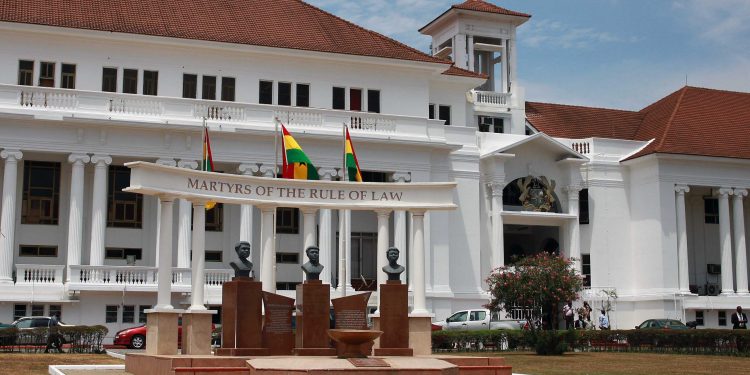Dual Citizens Are Eligible For Chief Justice Role: Supreme Court

The Supreme Court, in a majority ruling, deemed sections of the Citizenship Act unconstitutional, lifting restrictions on dual citizens holding key positions such as Chief Justice, Commissioner of the Value Added Tax Service, Director-General of Prisons Service, Chief Fire Officer, Chief Director of a Ministry, or a Colonel in the army and other security services.
This landmark decision came in the case of Francis Osei-Bonsu v The Attorney General, where the court nullified the specified sections of the Citizenship Act.
Represented by Bright Okyere-Adjekum Esq., the plaintiff’s case successfully persuaded the court to uphold all their claims.
The Supreme Court ‘s judgment found its root in the inconsistency of the aforementioned sections with Article 289(2) of the 1992 Constitution.
Consequently, individuals holding dual citizenship, despite the previous constraints outlined in section 16 of the Citizenship Act, can now hold appointments to various significant positions within the government and security apparatus.
The ruling essentially implies that the now-nullified sections of the Citizenship Act inadvertently altered the constitutional framework, particularly Article 289(2) of the Ghanaian Constitution.
In essence, the court’s decision not only expands opportunities for individuals with dual citizenship but also signifies a broader interpretation of constitutional rights and principles.
Credit: CitiNewsroom
Read Also: NIA Introduces New Registration Fees Starting May 1



